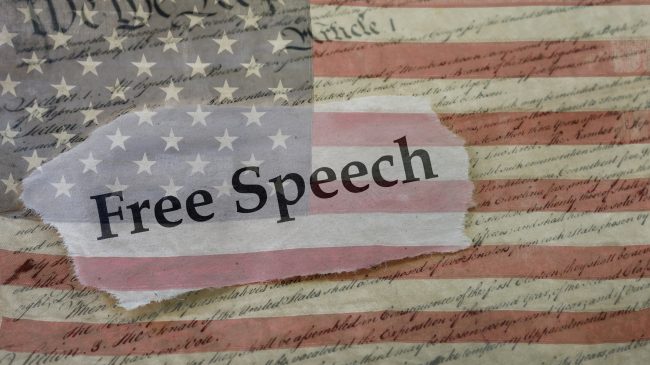No. 19-670
In the Supreme Court of the United States
Arnold Fleck, Petitioner,
v.
Joe Wetch; Aubrey Fiebelkornzuger; Tony Weiler; and Penny Miller, Respondents.
On Petition for Writ of Certiorari to the United States Court of Appeals for the Eighth Circuit
Brief of the National Right To Work Legal Defense Foundation, Inc. and Reason Foundation as Amici Curiae Supporting Petitioner
Questions Presented
The Petitioner is an attorney who is required by state law to join and to fund a state bar association as a condition of practicing law. He challenged both compulsory membership and the compulsory funding of the association’s political activities under the First Amendment. This Court vacated and remanded the previous judgment against him for consideration in light of Janus v. AFSCME, 138 S. Ct. 2448 (2018), whereupon the Court of Appeals reaffirmed its prior ruling in all respects, holding that “Janus does not alter our prior decision.” Fleck v. Wetch, 937 F.3d 1112, 1118 (8th Cir. 2019) (App. 13a). The questions presented are:
1. Are laws mandating membership in a state bar association subject to the same “exacting” First Amendment scrutiny that the Court prescribed for mandatory public-sector union fees in Janus?
2. Does it violate the First Amendment to presume that an attorney is willing to pay for a bar association’s “non-chargeable” political and ideological speech, unless and until that attorney takes steps to opt out?
Summary of Argument
The second question on which Petitioner seeks review is “[d]oes it violate the First Amendment to presume that an attorney is willing to pay for a bar association’s ‘non-chargeable’ political and ideological speech, unless and until that attorney takes steps to opt-out?” Pet. (i). As Petitioner argues, Pet. 29–33, this question should be controlled by the Court’s holding in Janus that the government cannot seize payments for union speech from individuals unless it has clear and compelling evidence those individuals have knowingly waived their First Amendment right to refrain from subsidizing that speech. 138 S. Ct. at 2486.
The second question presented warrants this Court’s review because many state and local governments are refusing to comply with Janus’ waiver requirement. At least a dozen states’ attorneys general have claimed that states do not need proof that employees waived their First Amendment rights to take union membership dues from employees’ wages. Worse, several of those states have enacted legislation that prohibits employees from stopping the seizure of union dues from their wages for most of the year or precludes state and local governments from evaluating whether employees consented to union dues deductions. Unfortunately, some lower courts have upheld these state and union tactics that undermine Janus.
It is important that the Court take the second question presented to clarify that the Court meant what it held in Janus: that it is unconstitutional for states to seize payments for speech from individuals unless the state has clear and compelling evidence that those individuals have knowingly waived their First Amendment right to refrain from subsidizing that speech.
The Court should grant the petition.
